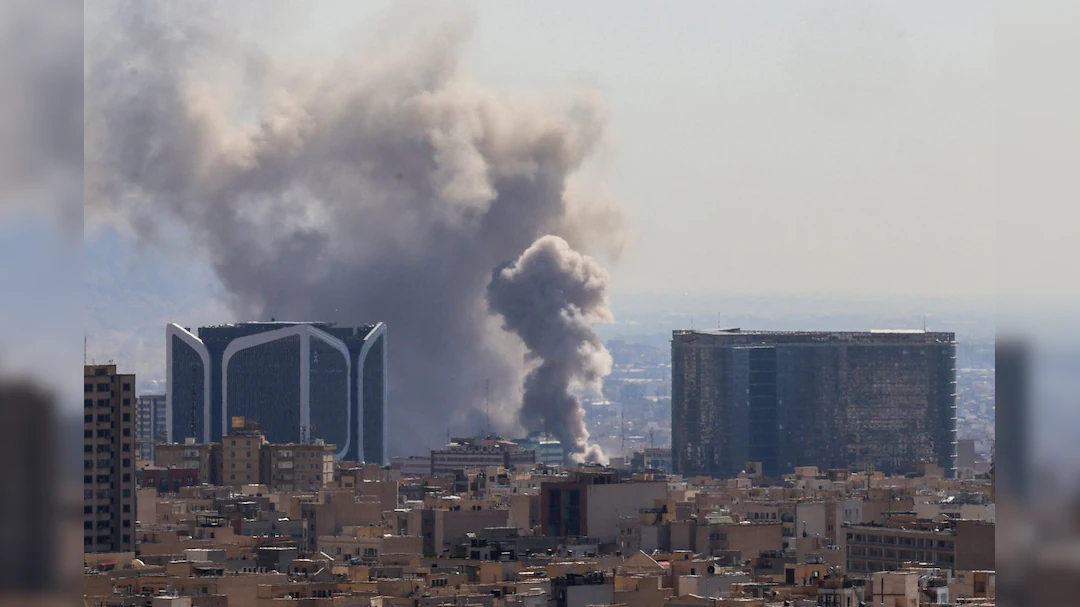By Manisha Sahu | America News World
November 16, 2025
Iranian Foreign Minister Abbas Araghchi has declared that Tehran is no longer enriching uranium at any of its facilities, marking the first official government statement on the status of Iran’s nuclear programme since the Israel–US airstrikes in June that destroyed key enrichment sites. Speaking at a conference in Tehran titled “International Law Under Assault: Aggression and Self-Defense,” Araghchi stated that Iran’s nuclear activities have come to a complete standstill, while also insisting that the country retains its legal right to pursue peaceful nuclear technology.

The remarks come at a critical moment for regional security and global diplomatic efforts, as tensions remain high following months of military confrontations, political uncertainty and international concern about Iran’s nuclear intentions.
“No undeclared enrichment” — Araghchi assures IAEA compliance
Responding to a question from the Associated Press, Araghchi said Iran is not conducting any secret enrichment operations and that its nuclear sites remain under continuous monitoring by the International Atomic Energy Agency (IAEA).
“There is no undeclared nuclear enrichment in Iran. All of our facilities are under the safeguards and monitoring of the IAEA,” he said. His comments appear aimed at reassuring the international community that Tehran is not moving toward weapon-grade nuclear capabilities despite the destruction of its major facilities earlier this year.
However, while asserting that enrichment activities have stopped, Araghchi maintained that Iran’s right to enrich uranium—under the Non-Proliferation Treaty (NPT) for peaceful energy purposes—remains “undeniable” and “inalienable.”
He attributed the halt to the heavy strikes carried out by Israel and the United States during the 12-day conflict between Iran and Tel Aviv in June, which crippled much of Tehran’s nuclear infrastructure.
Tehran contrasts halted programme with long-term nuclear ambitions
Despite acknowledging the halt, Iranian officials maintain that their nuclear ambitions have not changed. In September, Iran’s Supreme Leader Ayatollah Ali Khamenei reiterated that the Islamic Republic had never sought a nuclear bomb, saying:
“Iran is the only nuclear-capable country not to have developed a bomb, and we won’t have one.”
At the same time, he emphasized that Iran would not give up its enrichment capabilities.
Earlier this month, President Masoud Pezeshkian announced that Tehran intends to rebuild its destroyed nuclear sites “with greater strength.” In response, US President Donald Trump issued a stern warning, saying that any attempt to restart enrichment facilities could result in fresh American strikes.
This escalating rhetoric has raised alarm in diplomatic circles, particularly among European governments who have been attempting to revive nuclear deal negotiations.
Israel-US joint strikes decimated nuclear infrastructure
The June airstrikes represented one of the most significant military setbacks for Iran’s nuclear programme in over a decade.
Israeli air attacks targeted a wide network of nuclear, military and air defense installations, hitting critical components of Iran’s infrastructure. Soon after, the United States carried out strikes on three major nuclear sites—Natanz, Isfahan and Fordow—calling the mission “a very successful attack.”
These sites had housed uranium enriched to 60 percent, far above the 3.67 percent permitted under the 2015 nuclear deal and uncomfortably close to the 90 percent threshold considered weapons-grade. International concern grew sharply in 2023 after a surprise IAEA inspection at Fordow found uranium particles enriched to 83.7 percent—an unprecedented level for Iran.
The destruction of these facilities was widely seen as a severe blow to Iran’s nuclear ambitions. German Chancellor Friedrich Merz even praised Israel, saying it had done the “dirty work” that others were unwilling or unable to undertake.
Diplomatic tensions rise as Tehran questions US intentions
During his latest remarks, Araghchi criticised Washington, saying the United States appeared unwilling to engage in meaningful dialogue with Iran. His comments were a direct response to President Trump’s recent suggestion that Washington might consider new negotiations with Tehran.
“Washington’s current approach does not indicate any readiness for equal and fair negotiations,” Araghchi said, reflecting frustration within Iran’s leadership over what it perceives as one-sided pressure from the United States.
The Biden-era diplomacy that once aimed to revive the Joint Comprehensive Plan of Action (JCPOA) has been replaced by unpredictability, as the US under Trump signals a return to more aggressive deterrence strategies.
Conference highlights Iran’s justification for its actions
The Tehran conference where Araghchi spoke—“International Law Under Assault: Aggression and Self-Defense”—focused heavily on Iran’s framing of its conflict with Israel. Iranian officials argued that the June confrontations were defensive responses to Israeli aggression and insisted that Iran has been unfairly targeted for pursuing peaceful nuclear capabilities.
The forum also revisited longstanding grievances, including Israel’s military actions across the region, Iran’s support for regional militias, and the West’s skepticism regarding Tehran’s intentions.
Global concerns persist over Iran’s nuclear intentions
For years, Iran’s nuclear programme has been a major flashpoint in Middle Eastern geopolitics. Western governments and Israel have repeatedly warned that Iran could secretly pursue a nuclear weapon, despite Tehran’s insistence on peaceful intentions. The now-destroyed facilities had produced uranium at levels well above what is needed for civilian energy production.
Experts caution that even with facilities destroyed, technical knowledge remains intact—and Iran could rebuild if political conditions allowed.
President Pezeshkian’s vow to restore the country’s nuclear infrastructure “with greater strength” has only deepened these concerns, while Trump’s renewed threat of military action adds another layer of volatility.
What comes next?
The immediate halt in uranium enrichment signals a rare moment of pause in the nuclear standoff. However, the situation remains precarious. Iran’s insistence on its rights, coupled with vows to rebuild, suggests that any calm may be temporary.
Meanwhile, the absence of constructive dialogue between Washington and Tehran—and the increasingly assertive stance of Israel—raises the likelihood of further confrontation.
For now, Tehran’s declaration that its enrichment programme is fully halted offers a momentary reprieve. But with both sides prepared to escalate, and global powers watching closely, the future of Iran’s nuclear programme remains deeply uncertain.
Discover more from AMERICA NEWS WORLD
Subscribe to get the latest posts sent to your email.
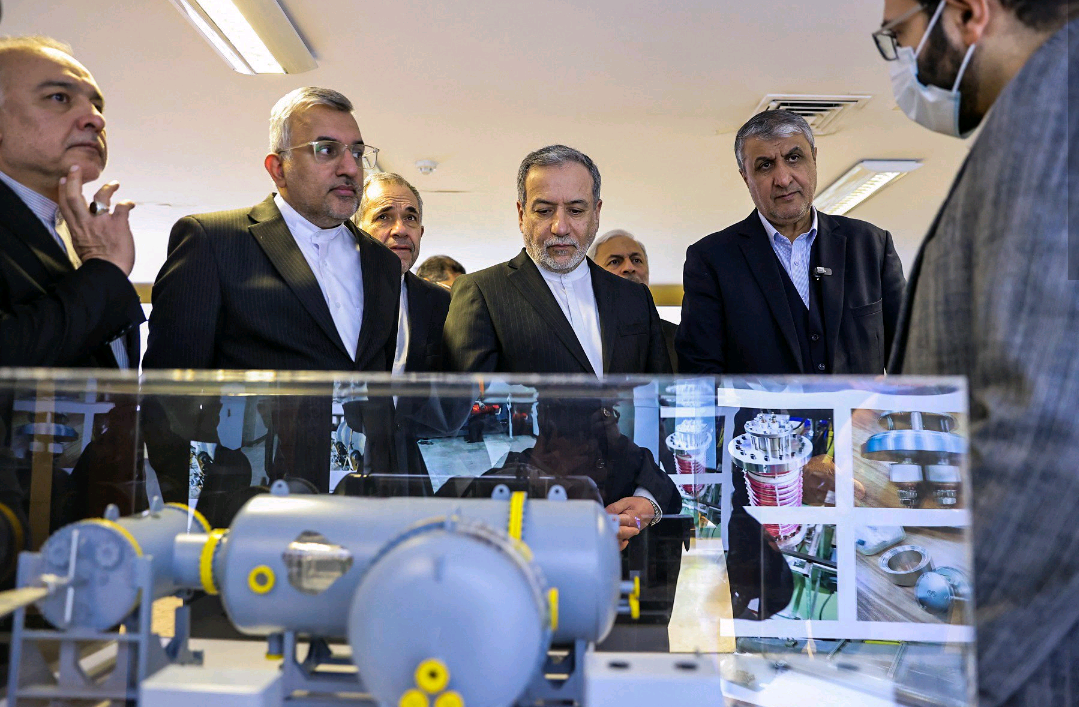
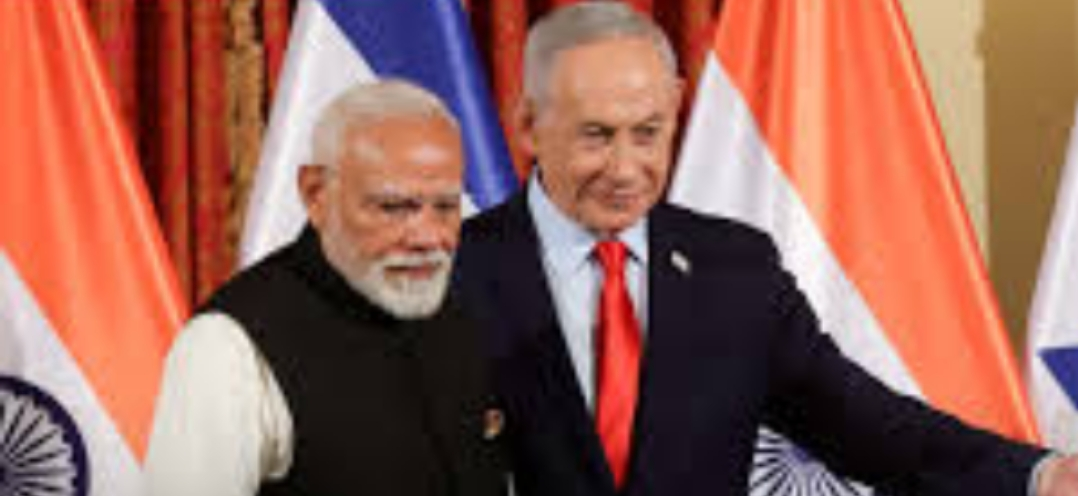
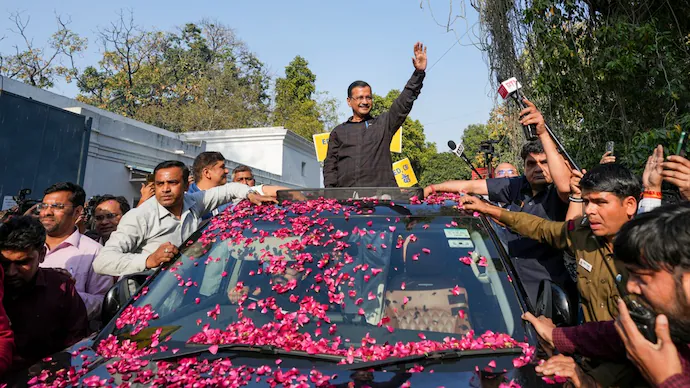

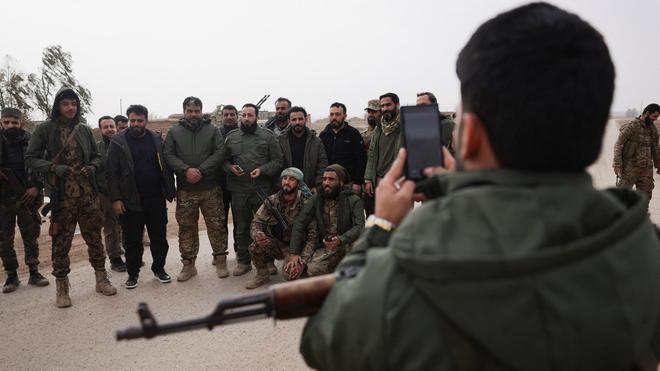
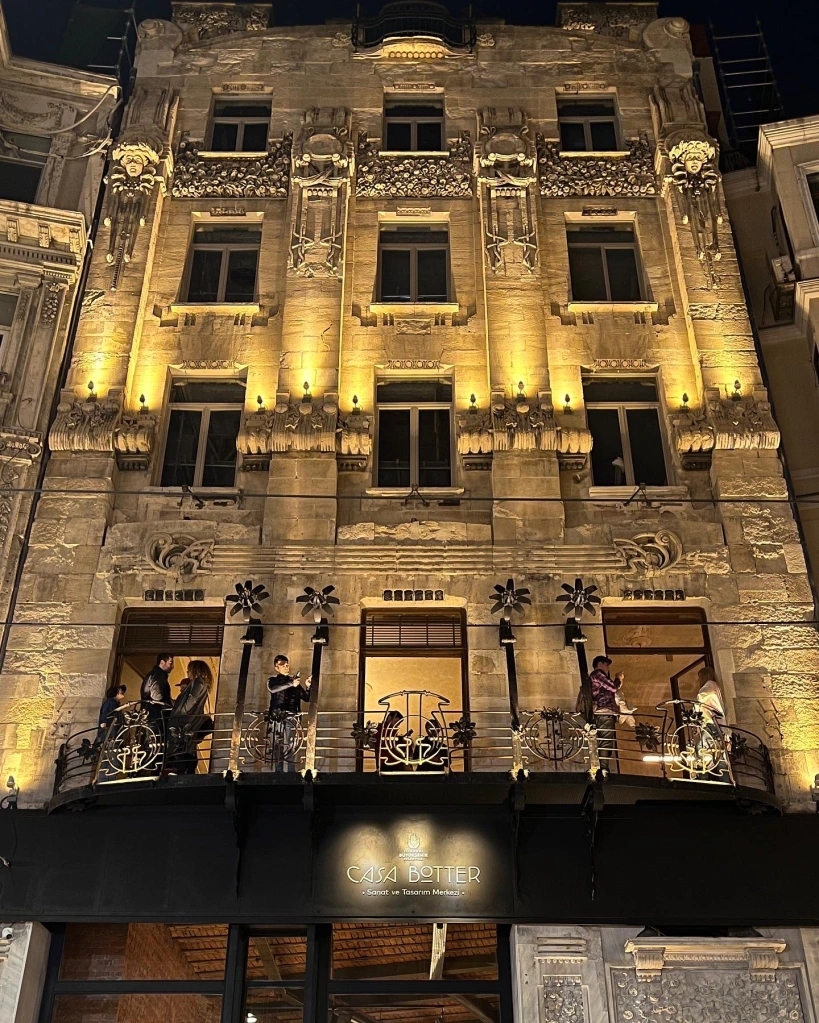

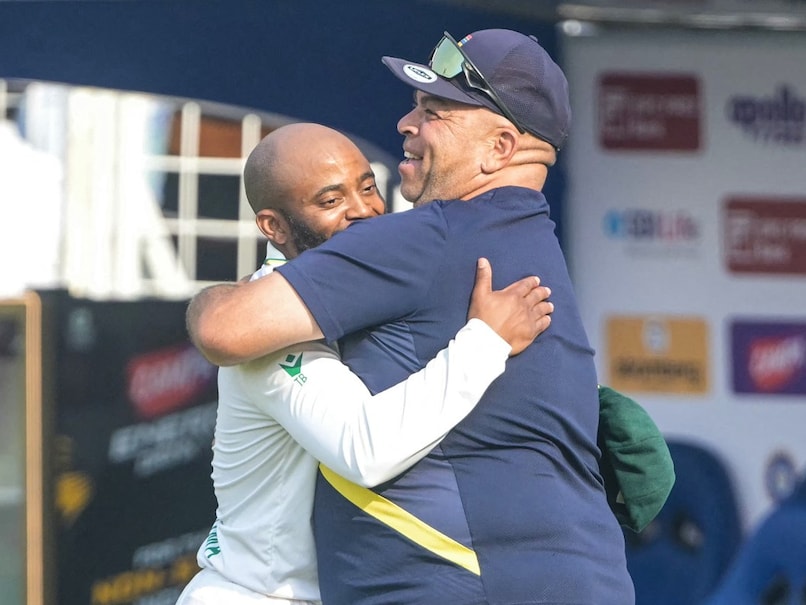

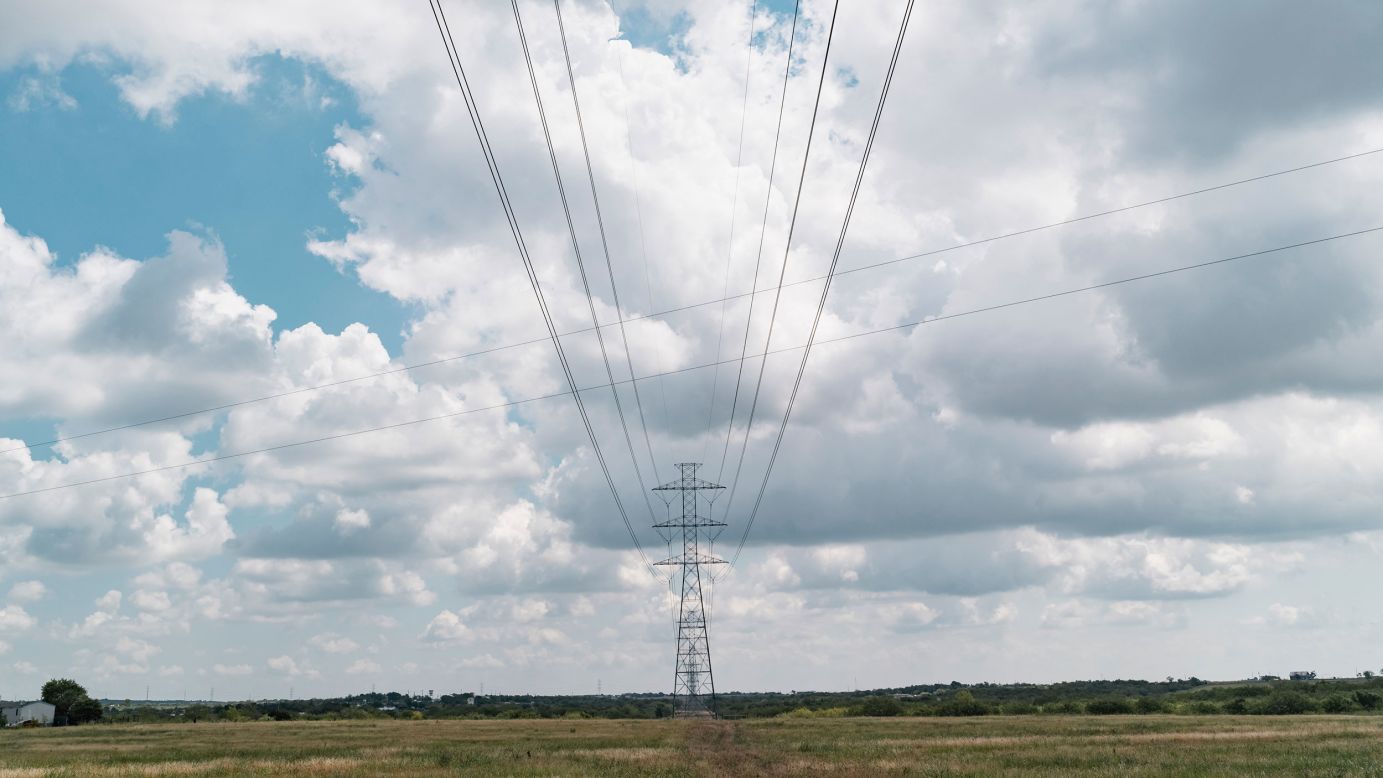






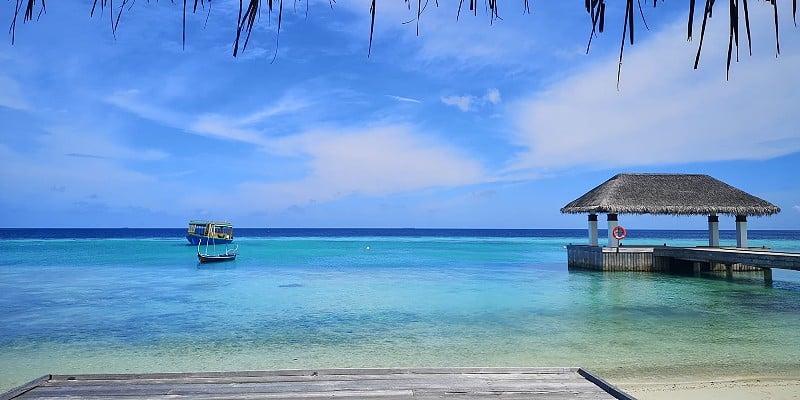
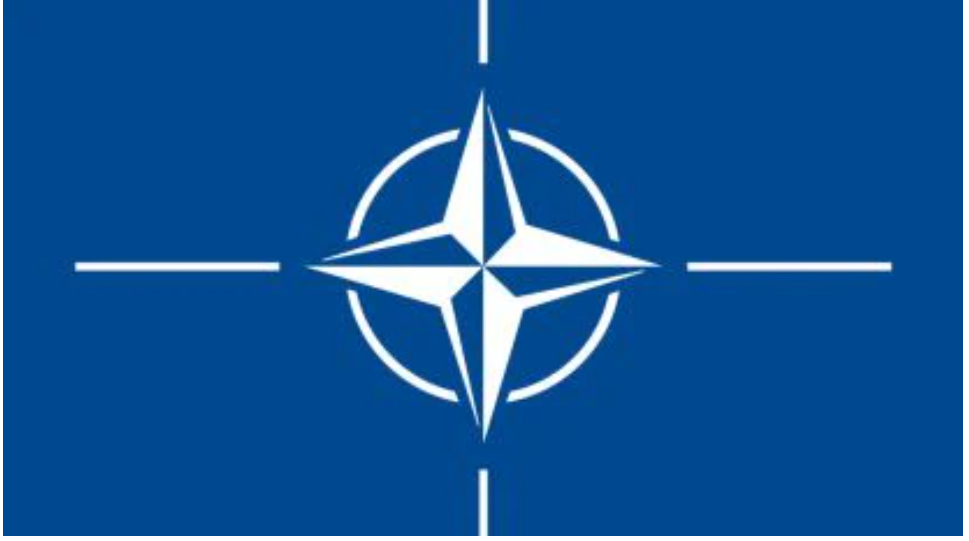
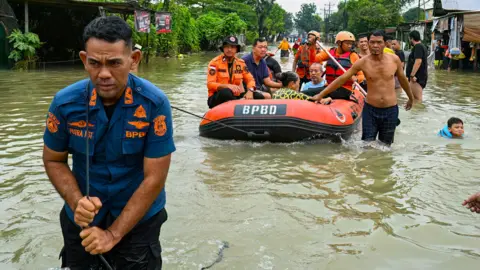



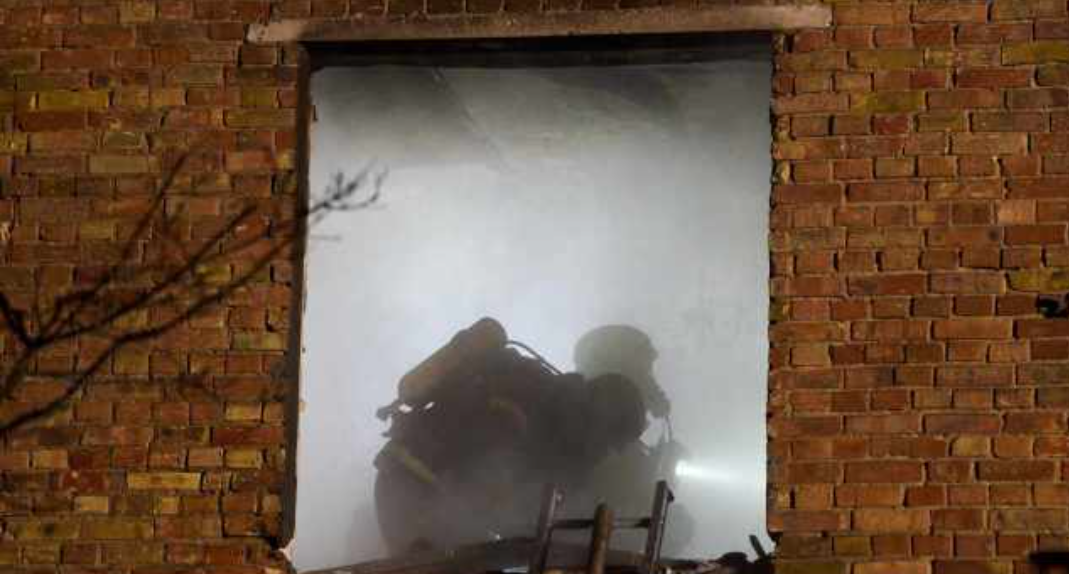
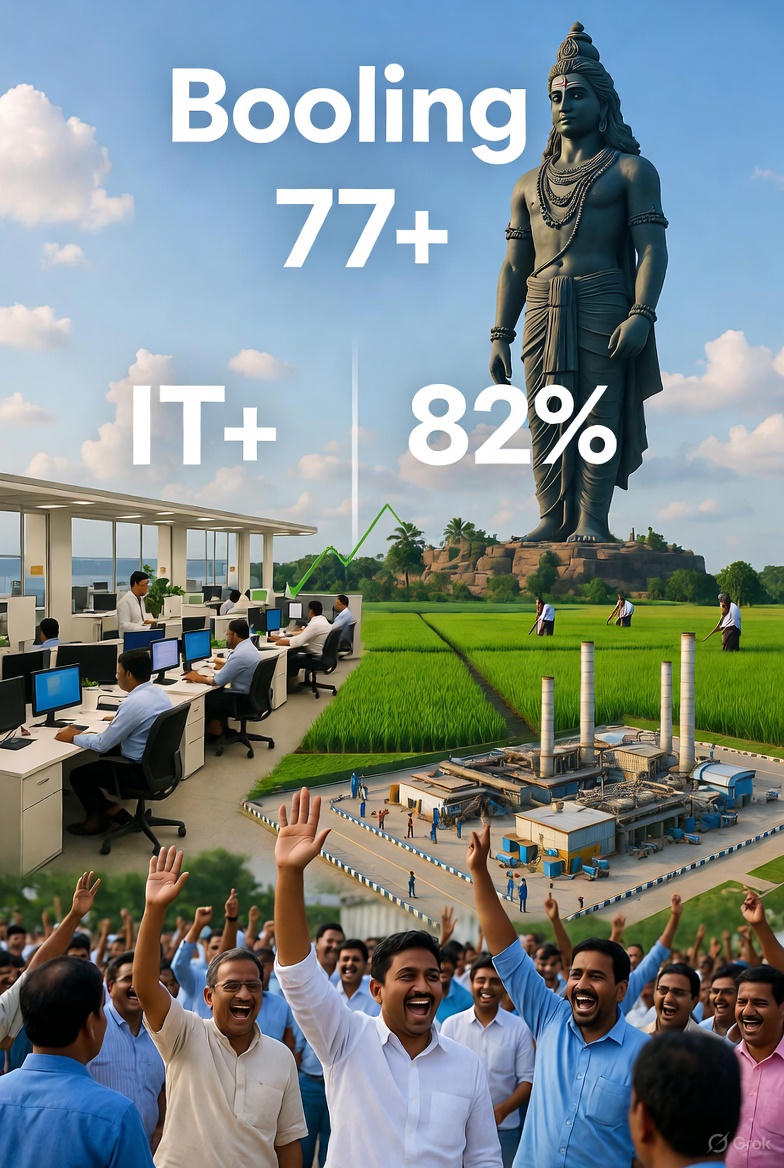





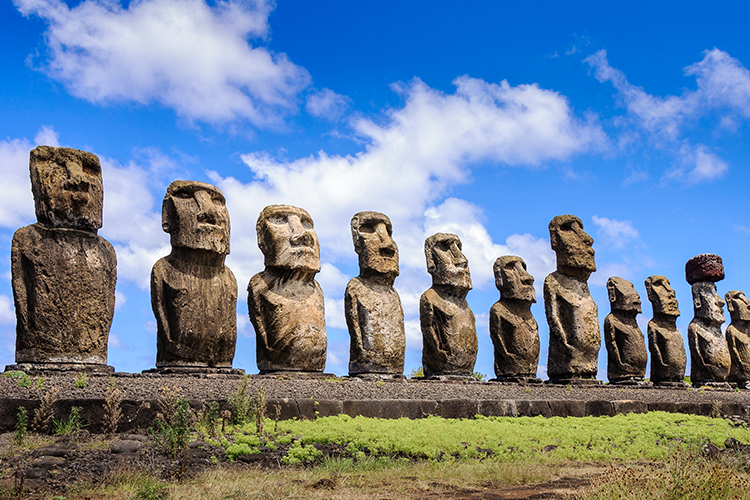
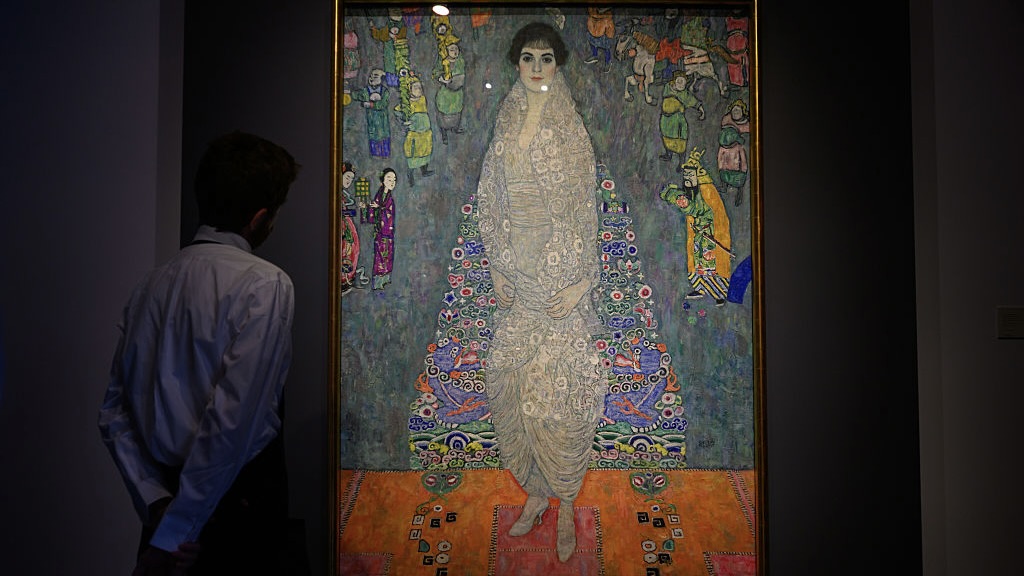





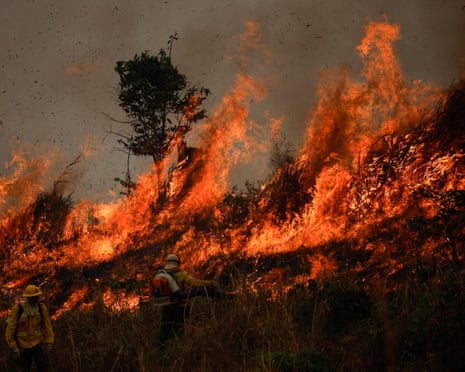
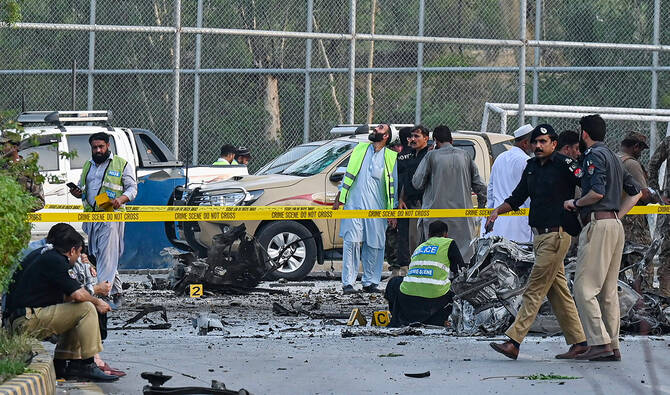
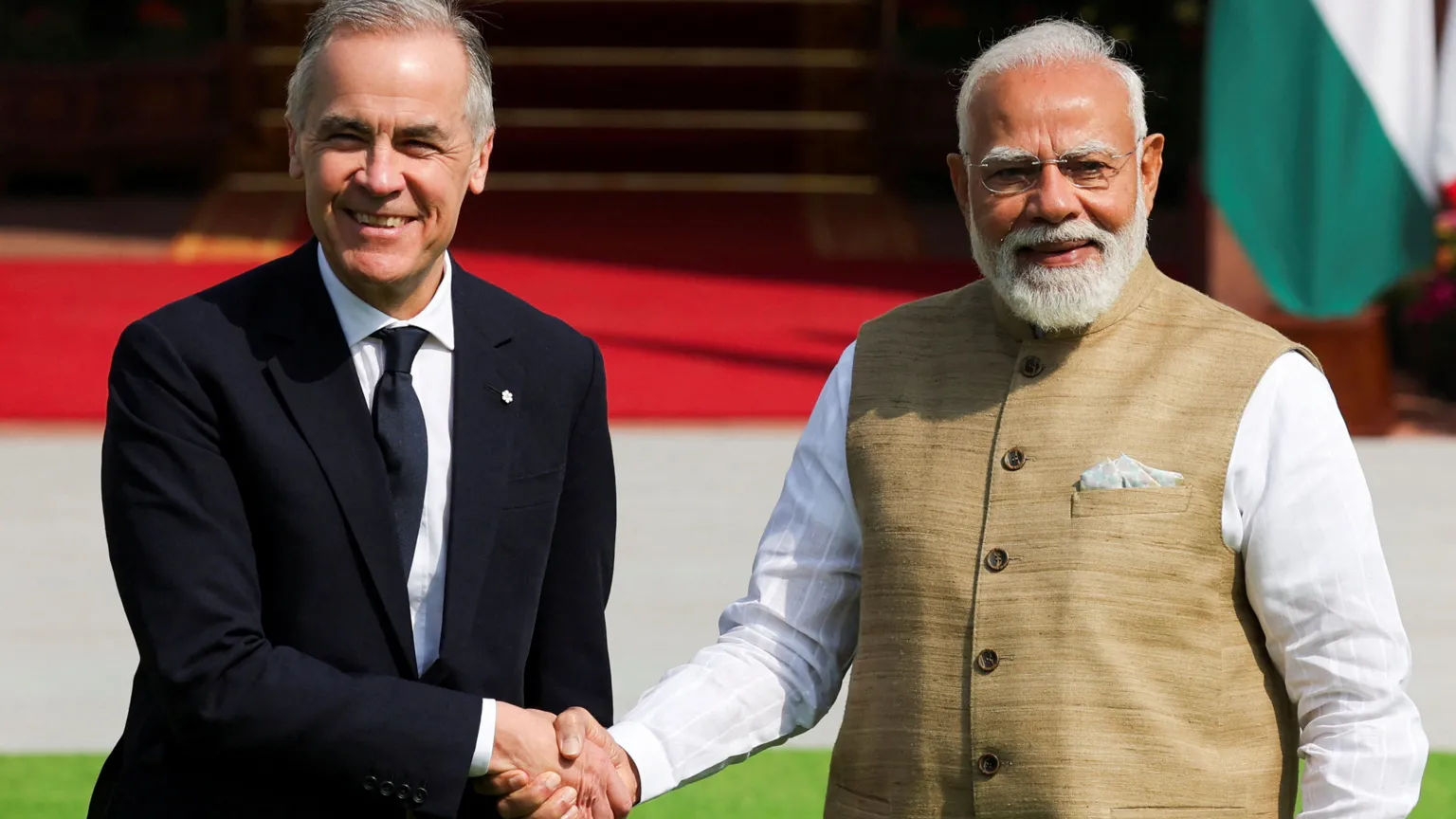
![Smoke rises after Israeli strikes in Beirut's southern suburbs, on March 2 [Mohamad Azakir/Reuters]](https://america112.com/wp-content/uploads/2026/03/hgh.webp)
